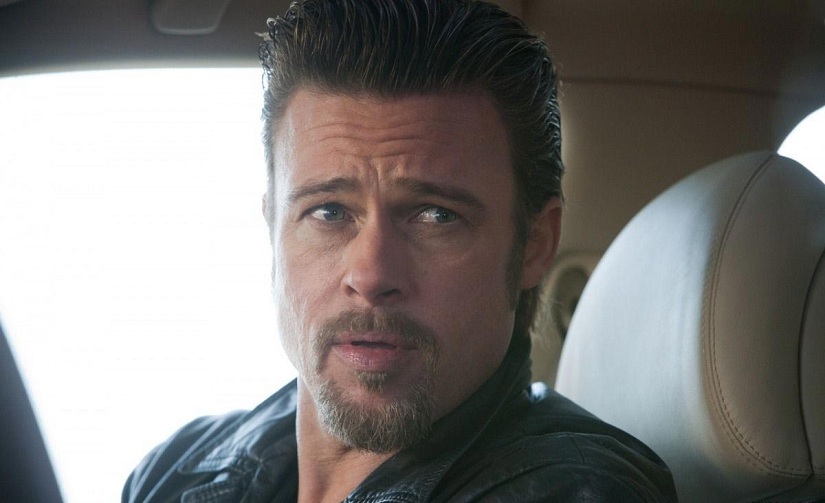
Crime is one of the most traditional and fruitful film genres; it’s embedded into the very essence of cinematic history and language, from Fritz Lang’s “M” to “Uncut Gems.” It’s something so essential that any overview of “The Best Of” movies from any decade will doubtlessly feature countless crime pictures, the 2010s being no exception.
But there can only be some many entries in any given list, so inevitably, several great movies end up not making the cut for one reason or another, falling short of reaching a wider audience that might appreciate them. This list is an effort to showcase some of these lesser seen or talked about movies, in the hopes that they can find their proper place in the vast and rich crime canon.
10. A Hard Day (2014)
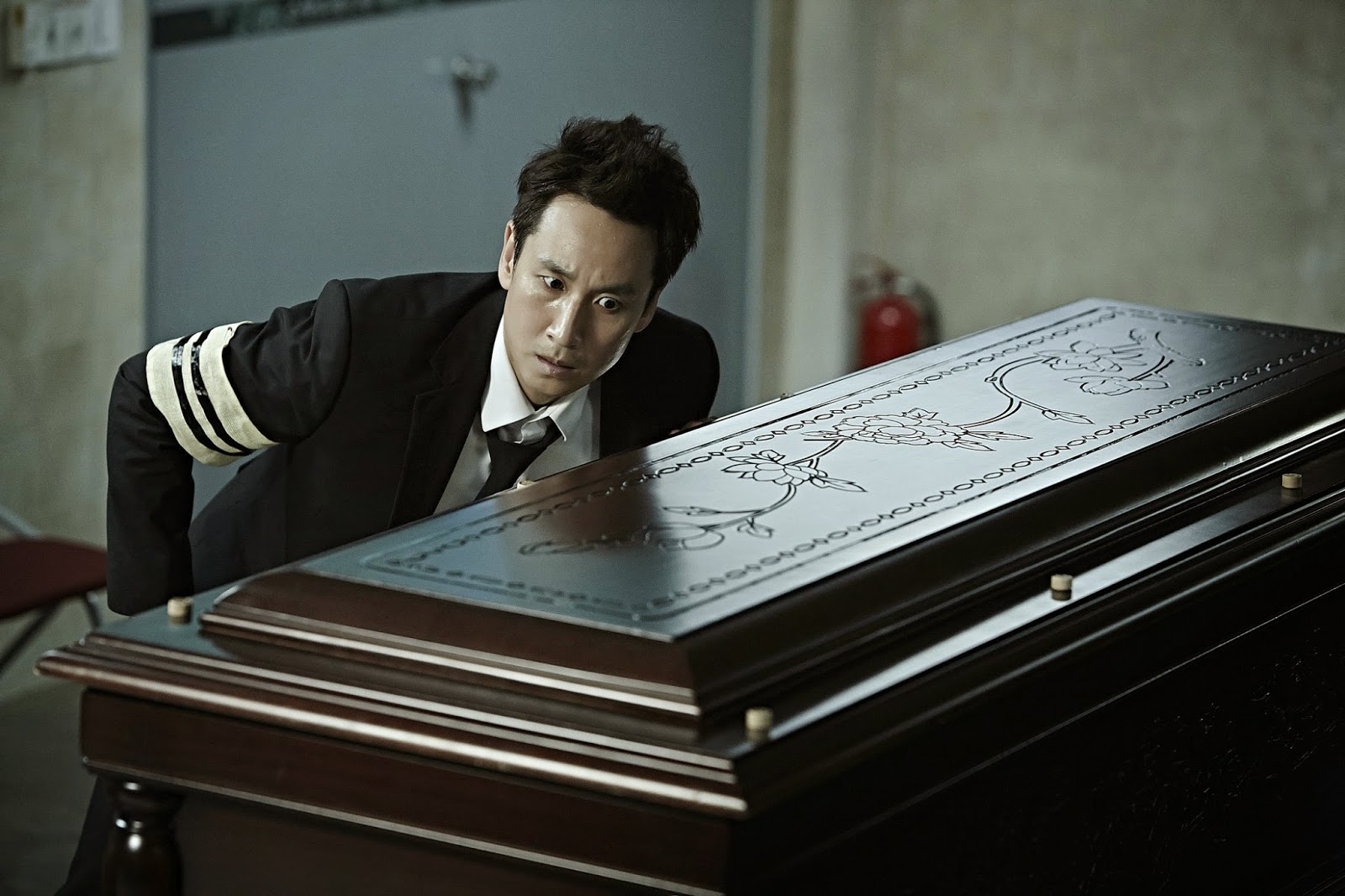
South Korean cinema has, in the last two decades, become the dominant force in the field of the crime thriller – even more so, it could be argued, than Hollywood itself. After all, it’s from the industry that some of the genre’s most acclaimed and instantly iconic films of late came from, such as “I Saw The Devil,” “Oldboy,” “The Handmaiden” and “Memories Of Murder” – all of which culminated in the Oscars triumph of “Parasite.”
The South Koreans produce so much quality crime cinema that some of it even slips by unnoticed by an international audience – a fate that befell “A Hard Day,” one of the most purely entertaining of the bunch. It’s a film best seen knowing as little as possible, so suffice to say it concerns a cop having an escalating series of problems that justify (and then some) the title of the movie.
“A Hard Day” is not as visually sophisticated or thematically textured as the more consecrated South Korean crime movies, which explains its relative lack of critical adoration – the film is definitely as straightforward a genre effort as it gets. There’s still a lot of impressive craft here, however, particularly the clockwork plotting that keeps escalating the conflicts and making even seemingly insignificant elements important by the end. The perfectly calibrated editing keeps things going at a pace that would give the Safdies a heart attack.
9. El Angel (2018)
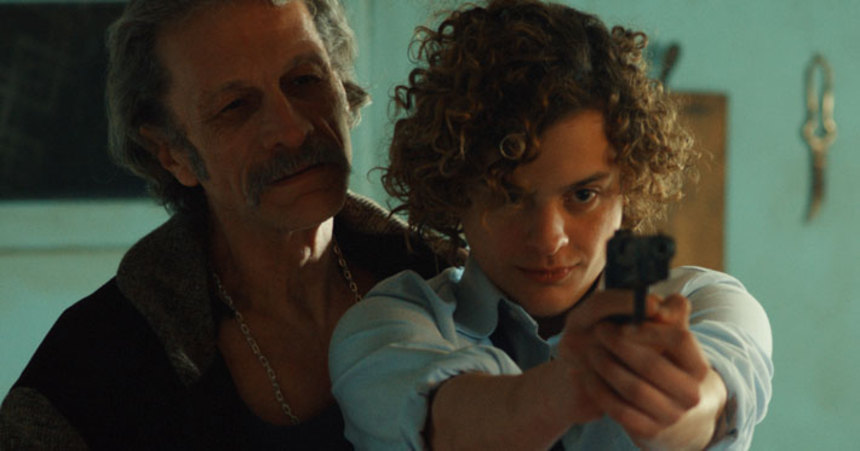
“El Angel” is only produced, but not directed, by Pedro Almodovar, but watching the movie without reading the credits, one would be forgiven for thinking the Spanish filmmaker was the one in charge, since so many of his aesthetic trademarks are present in the film and help to make it special, particularly the bright but deliberated color palette and the erotically charged homosexual energy.
Based on an infamous real story in Argentina, “El Angel” follows a baby-faced teenage boy as he and a school friend become career criminals, stealing anything they can think of – and killing anyone that gets in the way, with absolute zero remorse or trepidation.
That’s part of what makes this such an interesting outlier in the canon of “teenage crime spree” movies: the protagonist is never made to be likable or relatable in any way, and his absolute indifference toward his victims (he neither enjoys killing in a psychosexual way, nor is he troubled by it) marks him less as a typical movie psychopath and more as a symbol of the casual cruelty of the upper-class. It’s also a very fun movie, filled with great songs and eye-popping colors.
8. The Guard (2011)
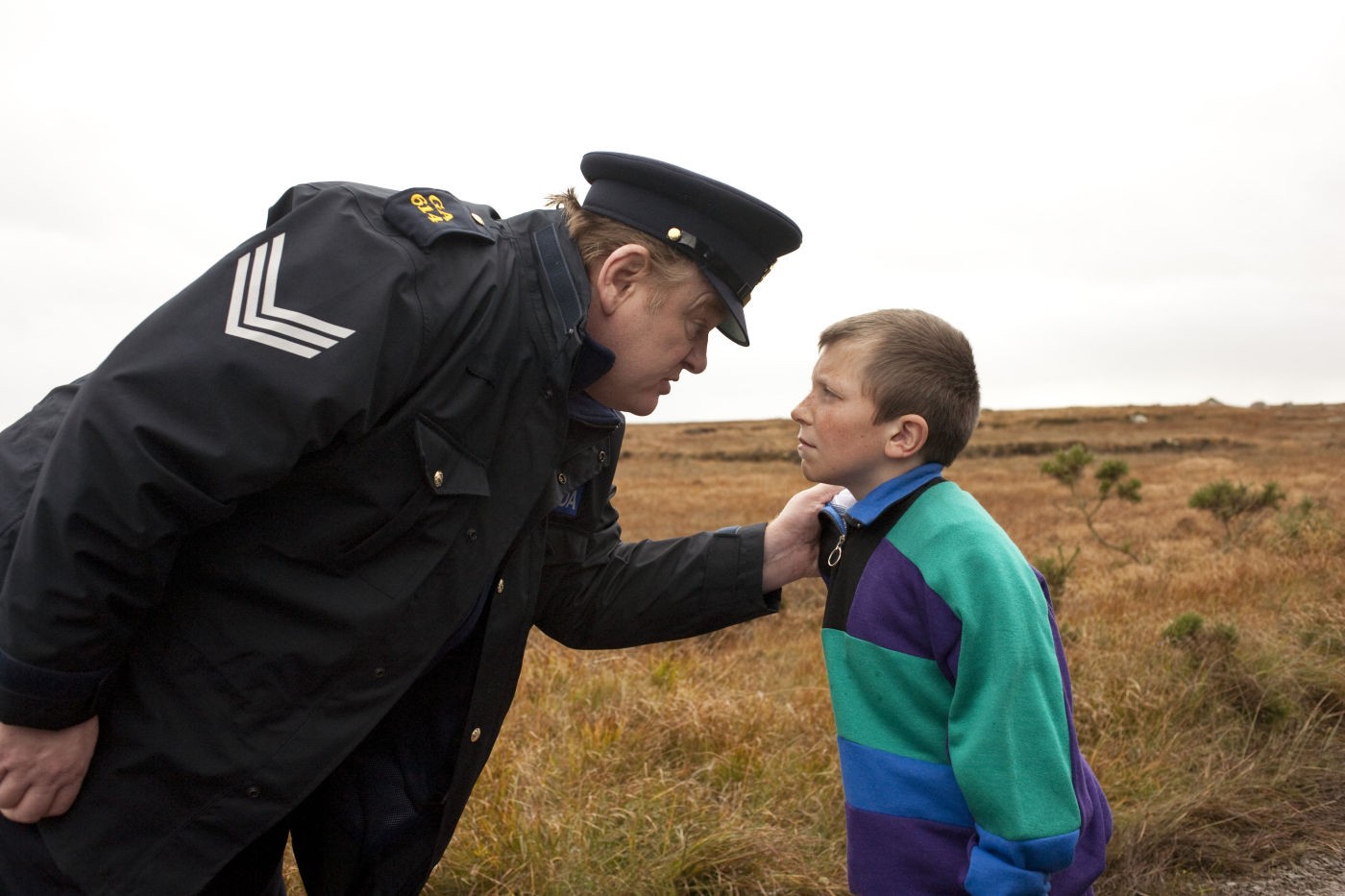
Martin McDonagh has met immense (and, mostly, deservedly so) success for his comedic takes on the crime genre with movies such as “In Bruges” and “Seven Psychopaths,” which are of course reminiscent of other irreverent pastiche masters like Tarantino and the Coens, but still have their own unique voice.
The same acclaim has not been extended to his brother John Michael McDonagh who, it must be said, has had a much more inconsistent career than his younger sibling (his bad movies are *really* bad), but who also, at his best, like in “The Guard,” is every bit as talented as his little bro.
Starring a McDonagh family favorite, Brendan Gleeson, the film revolves around an Irish police officer who, to his endless chagrin, is forced to partner up with an American FBI agent (Don Cheadle) to investigate a drug trafficking ring. What follows is a gleefully ugly anti-buddy movie that revels in all manner of politically incorrect jokes without ever falling into glib reactionarism.
The real attraction of “The Guard,” however, is Gleeson’s performance as the title character, who manages to be both hilarious and despicable at all times – and who makes McDonagh’s melodic dialogue truly sing.
7. Black Coal Thin Ice (2014)
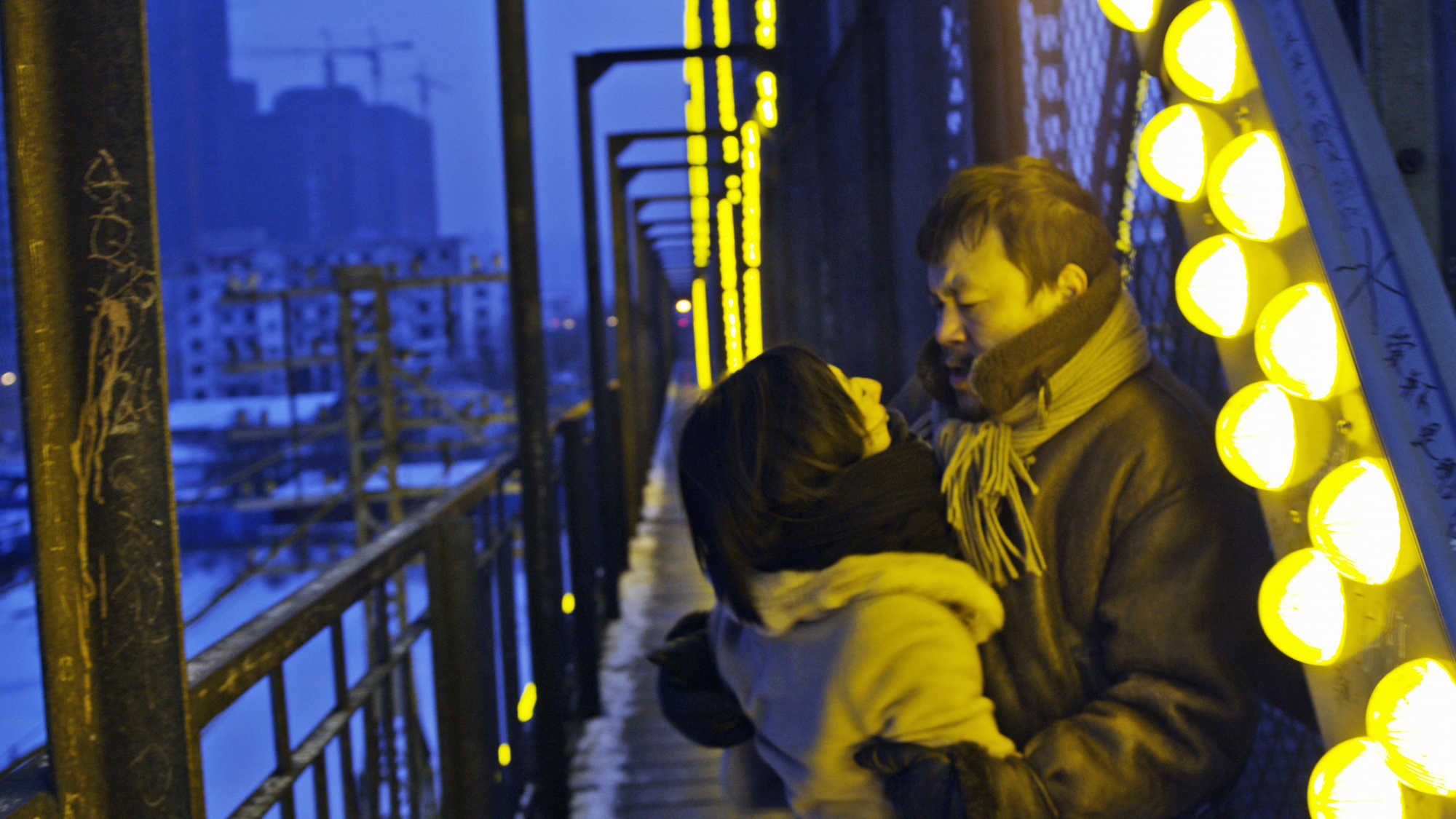
A terrific crossover between arthouse Chinese cinema and straightforward mystery thriller, “Black Coal Thin Ice” is a neo-noir that functions equally well as a classical detective story and also as a moody, contemplative meditation on gender relations and alienation in modern China.
Written and directed by Diao Yinan, one of the crime genre’s rising stars, the movie starts in 1999, as several body parts are discovered throughout different coal factories in the Heilongjiang Province and some cops are sent to solve the case. After a brutal conclusion to the investigation, the lead detective goes on a downward spiral and, years later, has the chance to finally make sense of everything when new clues start to appear in a different case.
Yinan uses this set up less as the basis for a typical investigative procedure and more to explore the relationships between the characters, avoiding all the usual cliches of the genre, from cops that don’t go by the books to tense interrogation scenes. The (many) twists and reveals of the story come in quiet moments, as an extension of the larger relationship at the centre of the movie.
“Black Coal Thin Ice” also demonstrates Yinan’s impeccable sense of composition and mood through the environment, making it for one of the most atmospheric modern neo-noirs.
6. The Clan (2015)
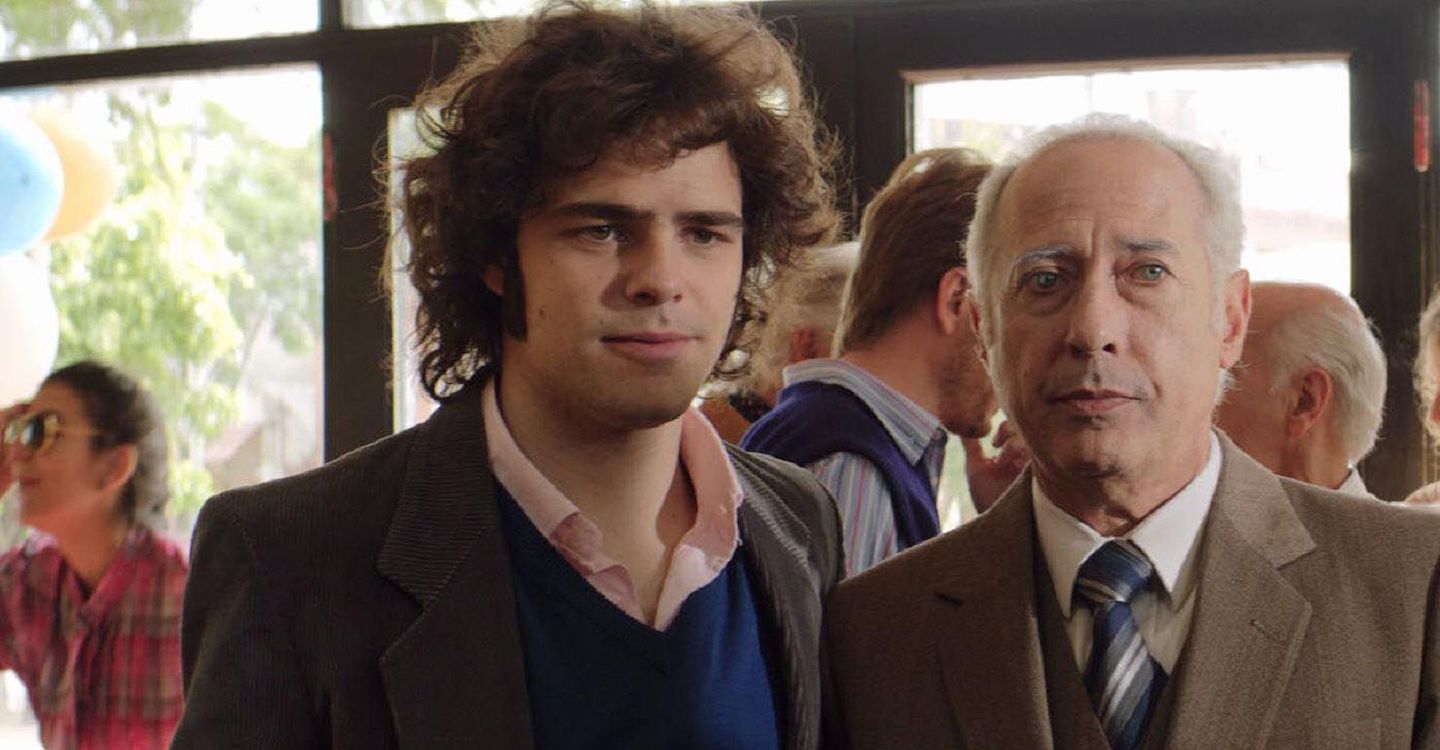
Another ‘based on real events’ Argentinian crime movie (also produced by Pedro Almodovar), “The Clan” is a vibrant, fascinating and utterly shocking biopic of the Puccios, a seemingly normal middle-class family that ran a kidnapping ring throughout the 1980s.
The excellent Argentinian filmmaker Pablo Trapero is, naturally, interested in the more sensational aspects that make every true crime story interesting in the first place – so he doesn’t skimp on the violence and cruelty that defined the characters’ actions. But being a political artist at heart, Trapero also digs in for the deeper meaning embedded in the story, framing the Puccios’ crime spree as an extent and a consequence of Argentina’s military dictatorship, in which kidnapping was a common practice. Even more so, the film is a indictment of the country’s failure to properly punish the people behind the regime, since the Puccios started their crime spree after Argentina had already returned to democracy, but were able to act for so long with impunity due to the fact that former military officers still enjoyed protection and special treatment from the authorities.
But not to worry: one doesn’t have to be an expert on Latin American socio-political history to appreciate “The Clan,” since it’s just a damn fine thriller, featuring great performances and carefully constructed tension and conflict – which culminates in a jaw-dropping cut to credits.